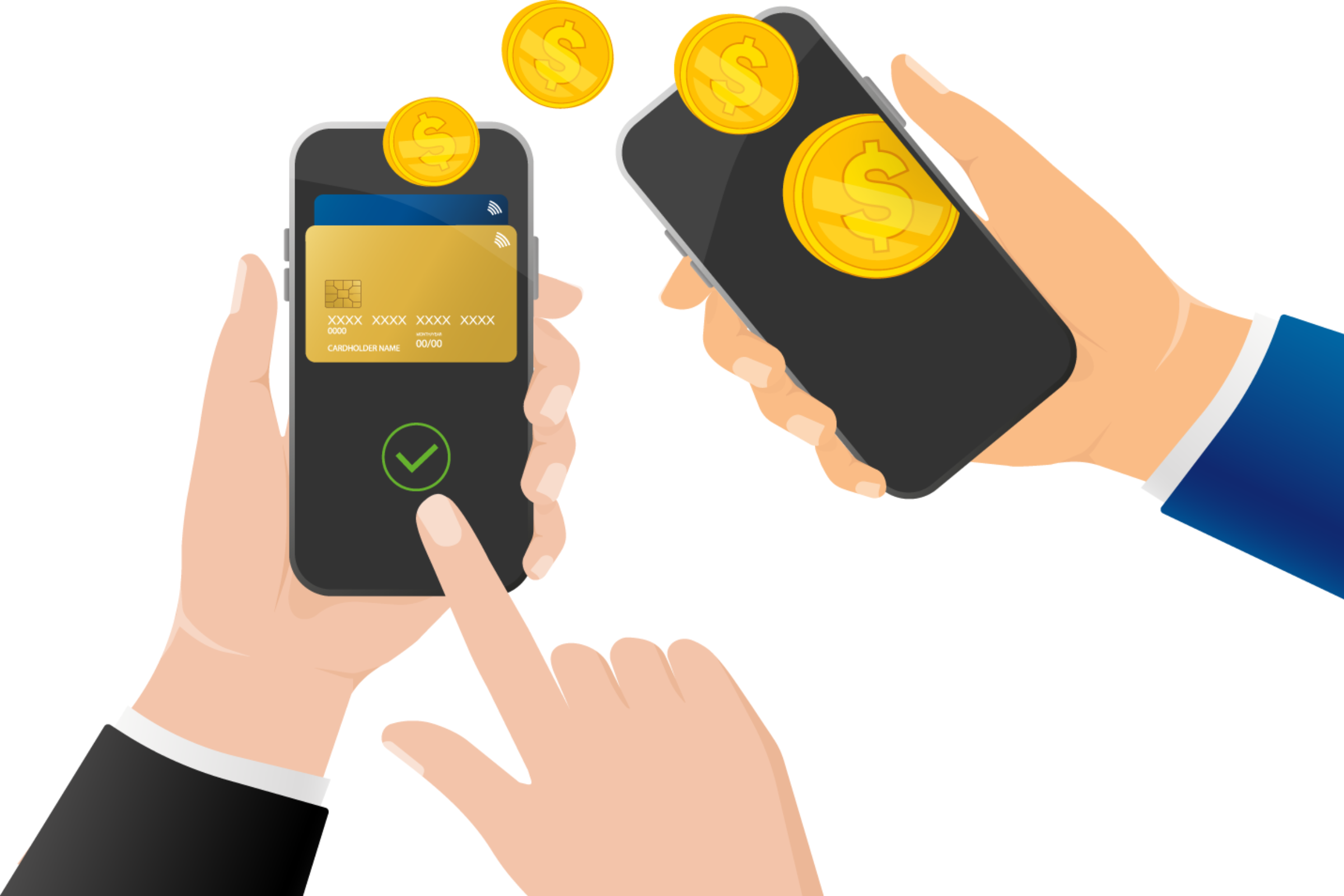There’s a lot of misinformation out there on how to get your money back from online scams. Many victims don’t know where to start or which advice to trust, but the good news is there are proven ways to recover lost funds.
Here, we explain how to begin your recovery process and how working with a recovery specialist can maximise your chances of recovery.
The reality of online scam losses
If you’ve fallen victim to online scams, you’re not alone. Scammers stole a collective £11.4 billion from Britons in 2024, with 52% of residents reporting a rise in scam activity during the same year.
From phishing to cryptocurrency investment scams, cybercriminals are becoming increasingly sophisticated in their tactics, often using artificial intelligence to deceive victims. Coupled with the fact that our society is becoming increasingly digital, online scammers have more people to target than ever.
However, while online scams are incredibly prevalent right now, recovering lost funds is possible and we’re going to explain how.
How to get your money back from an online scam: First steps
Here are practical steps you can take to get your money back after being scammed.
Contact your bank
You can contact your bank, as they may be able to stop any pending transactions. That said, your bank’s response may be limited, only including a complaint reference, chargeback attempt, and internal review.
Going directly to the bank is often a challenging way to attempt fund recovery, as you only have one chance to get it right.
Change your current online passwords
To protect yourself from further fraud when trying to get your money back, you should change your existing passwords. Doing so will prevent scammers from accessing accounts if your personal details were breached or shared.
Frequently changing your passwords is an effective way to avoid your online credentials from being hacked. You can even use password management or generator tools to ensure your login details are as secure as possible.
Report information breaches and document your correspondence
If you believe a scammer has obtained an official copy of your identification, including your passport or drivers’ licence, you should report it to the HM Passport Office or DVLA.
The more information you gather, the stronger your case will be when it comes to recovering your money. Collect information such as screenshots of conversations, evidence of transactions, names, and email addresses to help build a strong case for recovery.
How a scam recovery specialist can help
When considering how to recover your money from online scams, it’s essential to know that you only have one chance to recover your funds through your bank.
To increase your chances of getting your money back, working with an experienced fraud specialist is a wise move.
The CRM Code is a set of voluntary guidelines to help UK banks assist victims of authorised push payment (APP) fraud. While it’s comprehensive, the CRM Code doesn’t always work for fraud victims. The reason for this is that banks aren’t required to be held accountable, and not every institution opts in.
A lack of accountability means that banks can deny recovery claims based on vague obligations.
However, legal experts such as Wealth Recovery Solicitors (WRS) can manage the entire process based on your situation, significantly increasing your chances of reclaiming lost funds.
How to get money back from online fraud and scams with WRS
WRS specialise in recovering funds lost to scams. We’ve reclaimed over £50,000,000 for our clients in the last 3 years alone.
We offer expert guidance and support, and as an SRA-regulated firm, we promise specialist assistance and strict confidentiality.
We don’t charge any upfront fees. Our no-win, no-fee policy means you’ll only pay if your claim is successful.
Every case is treated individually and never uses one-size-fits-all methods. Our team goes far beyond a simple bank trace or chargeback. We understand that you only have one chance to recover lost funds, and our expertise in liaising with banks and financial institutions significantly enhances your chances of success. We provide comprehensive support to ensure your case is handled with precision and care.
For crypto-related losses, our specialist team can conduct in-depth tracing of lost or stolen cryptocurrency. Using advanced blockchain forensics, we investigate fraudulent transactions and build water-tight cases suitable for formal complaints or legal proceedings.
Can you get your money back after being scammed?
Yes, in many cases, recovering your funds after an online scam is possible.
If you take the proper first steps and work with a professional wealth recovery specialist, you’ll have the best possible chances of getting your money back.
Speak with our team Today, take your first step towards reclaiming your lost funds.

